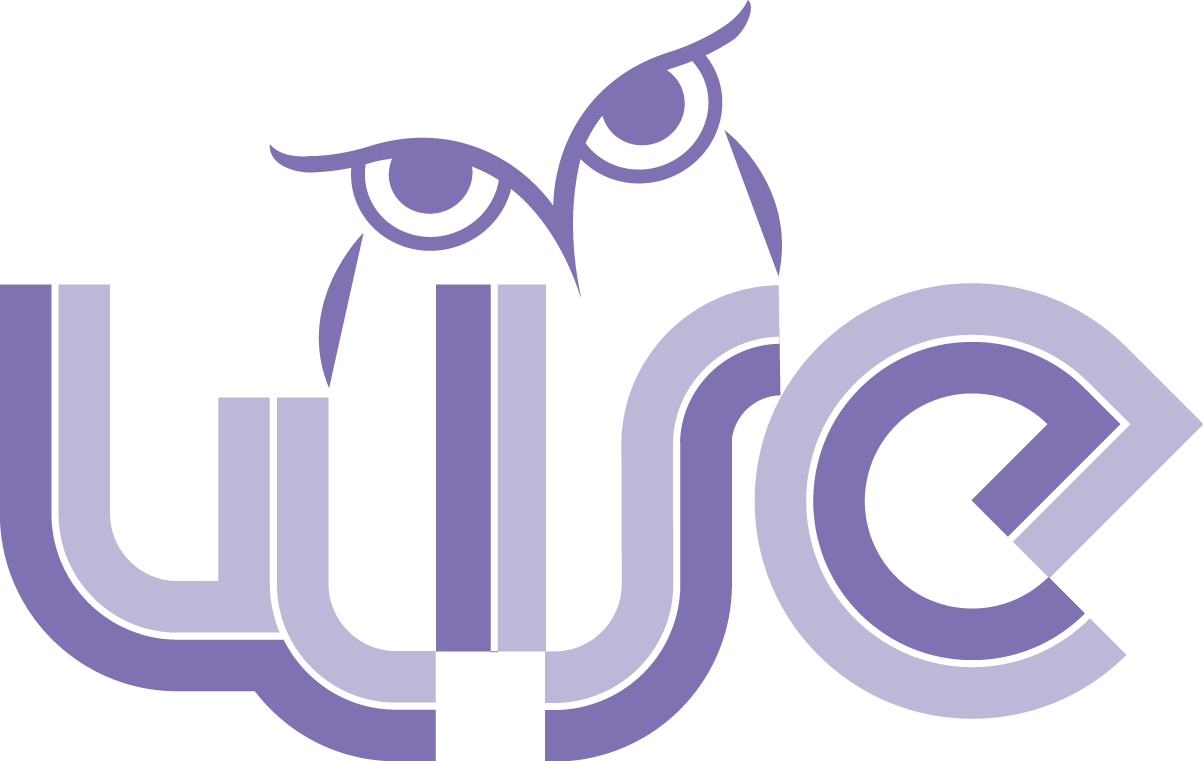The Mind Holds All Possibility
If you were to isolate a single moment in life, you would notice that it is never fixed or set in stone. Each moment holds the potential for countless possibilities—it is fluid, not predetermined. It’s true that once a moment has passed, it becomes defined by what occurred. Yet before it unfolds, anything can happen.
Take waking up from sleep as an example. The alarm rings—a time you yourself set the night before. You wake, and like many mornings before, you hit the snooze button and return to sleep. If this has become your habit, it may feel as though no other option exists, as if your fate is sealed.
But in truth, that moment is wide open. You could go back to sleep. You could get up. You could notice the desire to go back to sleep. You could even pause to observe the mind and explore what’s arising. With all this potential, why then does the automatic response so often default to hitting snooze and drifting off again?
Life is not fated to be; it is not the outcome of a script already written. Rather, life is rich with possibility—an ever-unfolding field of potential. The future is not a fixed destination awaiting us, but a dynamic emergence shaped by awareness, choice, and chance.
This way of seeing stands in contrast to a more fatalistic view—one that nods to inevitability, suggesting that what will be, must be. Yet when we look closely, we find that the present moment holds no such certainty. It is open. Alive. Waiting not to reveal what must happen, but what could.
In this context, it becomes essential to discern, when a situation arises, what is sealed and what remains open. It is profoundly useful to recognize that a pairing between mind and object is constantly occurring—whether or not we are aware of it. Only through awareness can we access the potential embedded in the moment. Without it, we perceive only the limits of the situation, not its possibilities.
Between mind and object, it is the object that is already a resultant—an effect that has arisen. What does this imply? Consider again the ringing of the alarm. The night before, you conditioned the clock to sound at a specific time. You cannot expect it to ring at a different hour—it is merely fulfilling the cause you put in motion. In that sense, the object—the sound of the alarm—is sealed.
Fortunately, the mind that meets it is not. In that moment, the mind has the potential to react habitually or to respond with clarity. That choice remains open.
The same principle applies to pain, life’s challenges, work, and family obligations. What comes to you is what must be faced—that much is sealed. But how the mind faces it—that remains free, alive, and full of possibility.
The same is true when we face the passing of a loved one. We cannot expect them not to die—that is simply not within the realm of possibility. Death is certain; it is not something we can bargain with or alter. What remains uncertain is how we meet that loss. We may grieve deeply, feel sorrow, struggle to let go, or gradually come to acceptance. These are the potentials that live within us.
Yet if the mind is untrained, these potentials may remain hidden beneath reflexive patterns of pain and confusion. This is where meditation becomes invaluable—not as an escape, but as a way to cultivate the inner clarity and resilience needed to meet life as it is. With training, we may still feel pain, but we are less likely to be overwhelmed by it. We need not suffer in the same way as one whose mind is entirely unprepared.
There is hope in every moment. Hope is not found in the future, nor in what has passed, but in the present moment—rooted in how we meet a situation. And hope arises through a mind that is informed. Without the understanding of how to see a situation differently, a mind lacking this potential will perceive it only through the lens of what it already knows, and go no further.
In essence, potential can only be recognized when we understand that nothing is inherently fixed. Everything that arises or ceases does so in accordance with causes and conditions. When we see this clearly, we begin to realize: it is not the event itself that defines us, but how we meet it. This, however, requires both information that gives rise to understanding and training of the mind—together, they form the prerequisites for meaningful change, for the better. This is the quiet power of meditation: to awaken the space where choice becomes clear. Meditation is not mystical but practical.
“Who you are now is shaped by the choices you made—or left unmade—before. Who you become will rise from what you choose—or choose to ignore—today.”
In grace,
Hor Tuck Loon
17 June 2025

